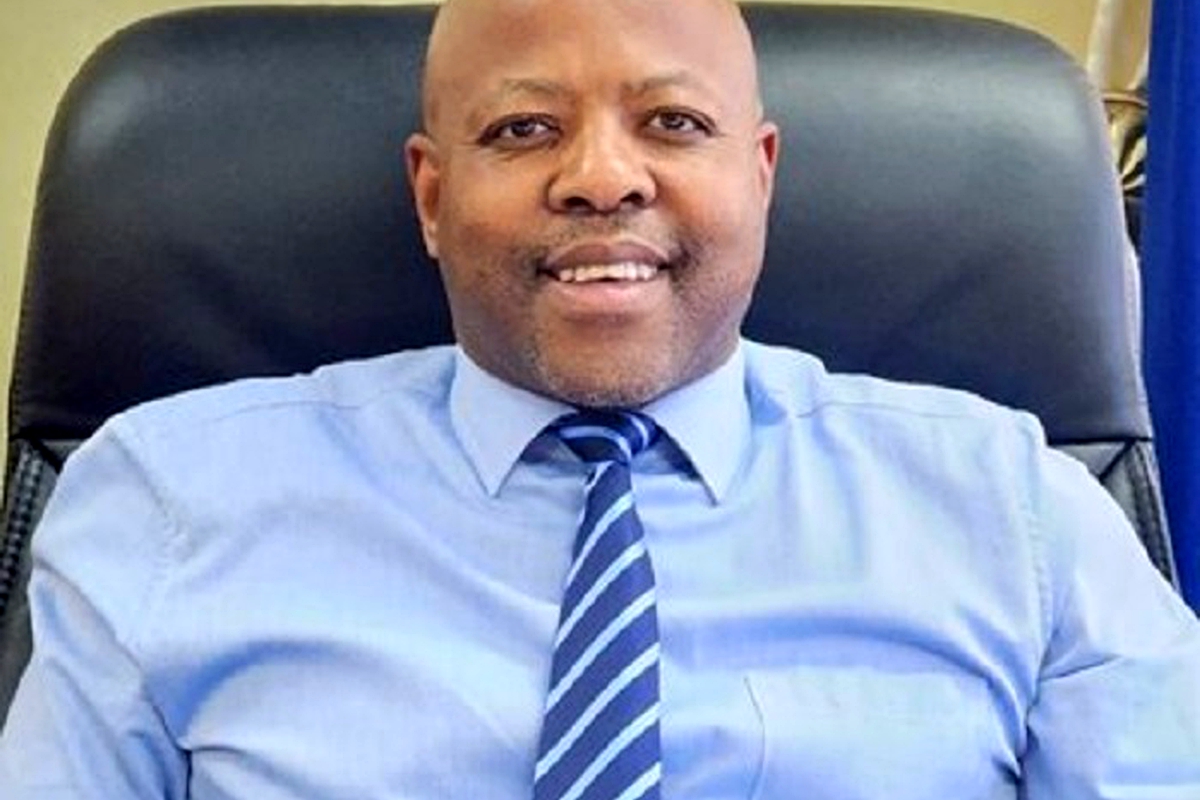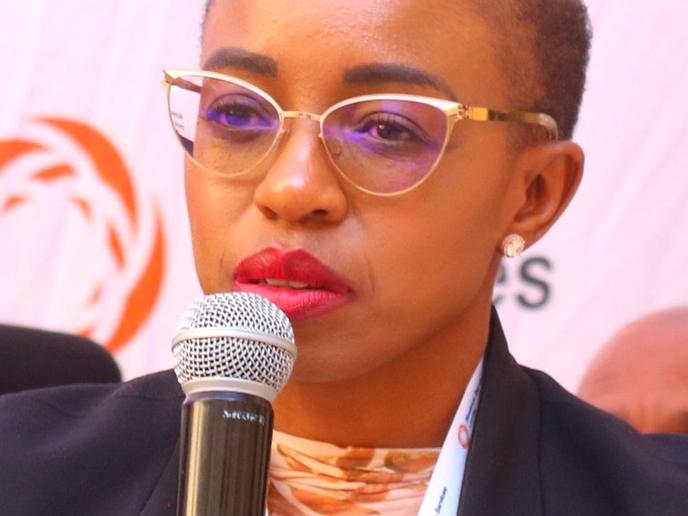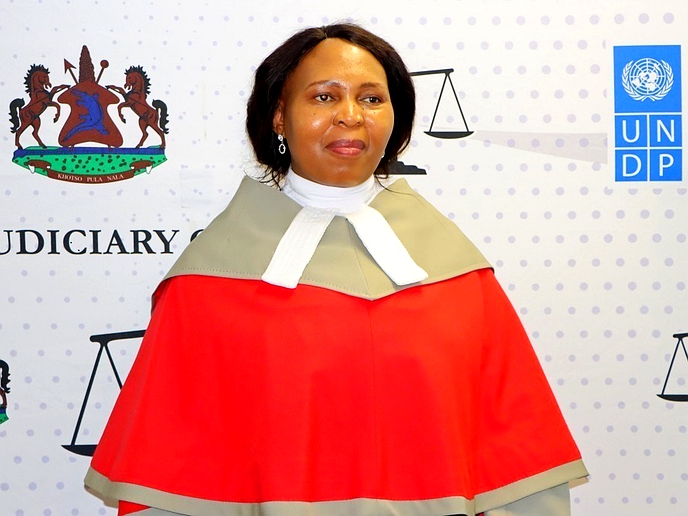THE Minister of Natural Resources, Mohlomi Moleko has said Lesotho envisaged building five power stations that would generate 5000 megawatts of electricity to supply its bigger neighbour South Africa, which is struggling with power outages, pending a Memorandum of Understanding to be signed by the two countries.
business
Feb. 16, 2023
NTSAU LEKHETHO
3 min read
Moleko calls for electricity generation to SA

Natural Resources Minister, Mohlomi Moleko
Story highlights
He told the national broadcaster, Radio Lesotho on Wednesday this week that a delegation of South African representatives at this year’s Mining Indaba had expressed genuine interest in Lesotho generating excessive electricity for supply to the neighbour whose residents and economy are troubled by load shedding.
“As a start, it’s possible to build the electricity infrastructure over a five-year period to generate 2000 megawatts given the willingness shown by our South African counterparts I talked to at a presentation in Cape Town,” Moleko said.
“Particularly South Africa’s energy minister, Gwede Mantashe has agreed to our proposal and all that now remains is consultations and the necessary formalities.”
South Africa’s energy crisis is so serious that President Cyril Ramaphosa has declared the situation a national disaster and consequently appointed a minister of electricity to provide undivided attention to the country’s energy problem.
During his recent State of the Nation Address, Ramaphosa said South Africa’s economy continued to suffer and that the country was increasingly vulnerable to a recession in the next 12 months, with an ongoing electricity crisis dampening economic activity.
“Both Lesotho and South Africa’s economies are intertwined and developments in the neighbour greatly affect us,” Moleko said.
Lesotho gets more than 80 percent of its imports from South Africa and Bloomberg said the probability of a recession in the neighbour stood at 68 percent, up from odds of 45 percent, following the latest monthly survey.
Moleko said former Eskom chief executive officer, Andre Marinus de Ruyter had confirmed to him at the sidelines of the Mining Indaba that it was feasible that South Africa could buy up to 5000 megawatts of electricity from Lesotho.
“I guarantee South Africa can buy it,” Moleko quoted De Ruyter as having said.
Furthermore, Moleko said the Germans had also shown a keen interest in energy generation given the regional electricity crisis and Lesotho’s potential to generate the much-needed power.
“There are opportunities in water, solar, and wind energy in Lesotho and I met the German ambassador with whom we agreed there are possible investments in those areas,” he said. “I told the Germans that Lesotho needs to be a net exporter of green energy and they in turn needed to invest in our wind and solar farms.”
Moleko said the existing Geoscience reports on Lesotho minerals were outdated as the studies were carried out as far back as the 1950s.
He said technology had progressed over the years and that continual Geoscience studies needed to be carried out in line with the latest technology.
Enjoy our daily newsletter from today
Access exclusive newsletters, along with previews of new media releases.
Otherwise, Moleko said he was mandated to open at least 16 mines over five years and it was disheartening that most Basotho, who had mining exploration licenses, lacked the technical know-how and the necessary capital to operate the mines.
“I plan to compile a register of all licensed mining operators who are not operational and map the way forward on how they could meet investors”, Moleko said. “Another plan is to look into small-scale mining and assess if the areas the artisanal miners were licensed to operate were safe and profitable”.
So far, the minister said the big mining houses such as Letšeng Diamond were working well except for hiccups brought about by crises such as the Coronavirus that hit the global economy in 2019.
He said as much as people were concerned about the shareholding the Lesotho government held in the diamond mines, they should look into the benefits such as jobs, corporate tax, value-added tax, royalties, and corporate social responsibility brought about by the big mines.
“The Letšeng Diamond Mine still produces some of the world’s finest and sought-after diamonds, averaging US$2000 per carat. The company’s contribution to the local economy is immense and Basotho shouldn’t only focus on equity without considering other factors like where the government does not even buy equipment to operate the mine.”






